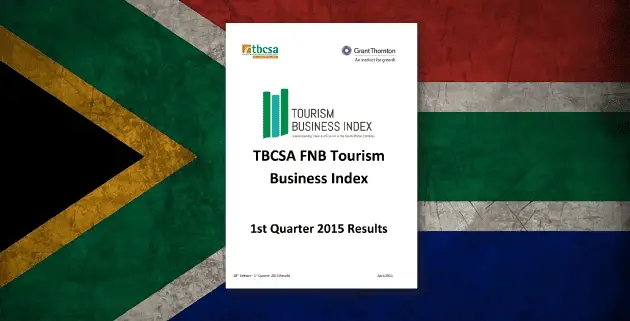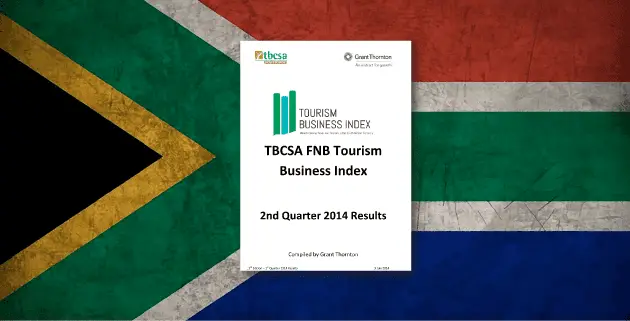Access to Finance
A critical factor in SMME development
Entrepreneurs need access to finance, but they also need access to other factors that contribute to business success, such as training, mentorship and market access. By Paula Bester.
When an entrepreneur speaks of the problems of access to finance, it is often perceived as the “magic bullet” in the success of any small tourism business. This is despite the fact that numerous studies place this issue below other factors of success in rating of importance. Other factors include access to information, business support, skills development and access to markets.

TEP has partnered with the Small Enterprise Finance Agency (sefa) to develop an assistance facility which will provide financial support specifically tailored to the small tourism business. A fund of some R50 million has been specifically ring-fenced for the ITF, and will be managed by a dedicated team at TEP. Loans ranging from a minimum of R10 000 to a maximum of R5 million will be available to qualifying enterprises.
The iKwezi Tourism Facility is only available to TEP-registered clients and each application will be individually assessed on its own merits. The key qualifying criteria are as follows:
• Registered tourism SMMEs must be controlled by a majority of South African Citizens with valid South African Identity Documents;
• The facility is open to all races with specific emphasis on women and rural/peri-urban areas;
• Applicants must be registered clients who have paid their annual administration fee of R600 (plus VAT) and/or any other commitment fees where applicable;
• All tourism business operations, including but not limited to projects, programmes or enterprises, must be operated within South Africa; and
• The enterprise must be compliant with generally accepted corporate governance practices appropriate to the client’s legal status.
Applicants are considered on merit and potential profitability of the business.
For more information visit: www.smetoolkit.businesspartners.co.za
But as pointed out by TEP Chief Executive, Dr Salifou Siddo; “Access to finance is only one of the factors affecting the success of a business. This has long been the missing link in our endeavours to provide a holistic solution to small tourism development in South Africa. The TEP is now the only tourism SMME development organisation in the country which, in additional to normal business development support such as training, mentorship and market access, is now also able to provide access to finance.”
As access to finance is only one of the barriers to success, TEP insists on each applicant being registered with the organisation as a way to ensure that the financial beneficiaries are receiving all the other support required to allow the business to flourish. Finance alone will not guarantee to such.
In order to do such, TEP has created an Intervention and Support Model which can accurately identify and measure the needs of individual clients in terms of their current position.






